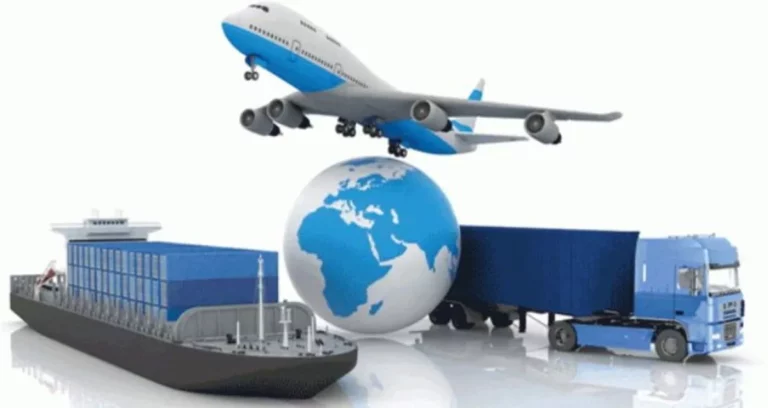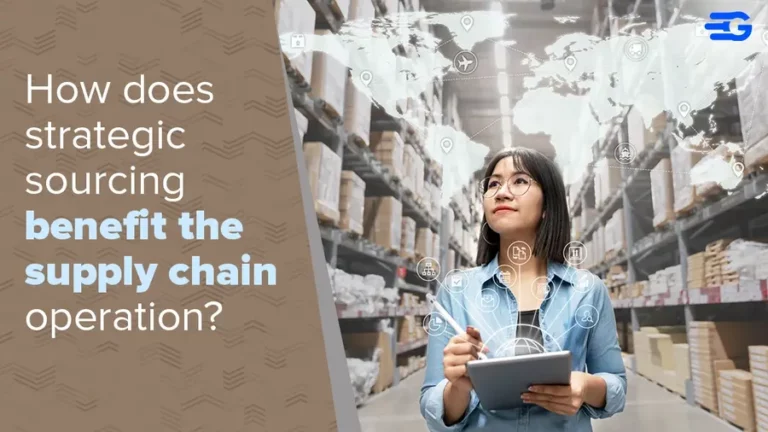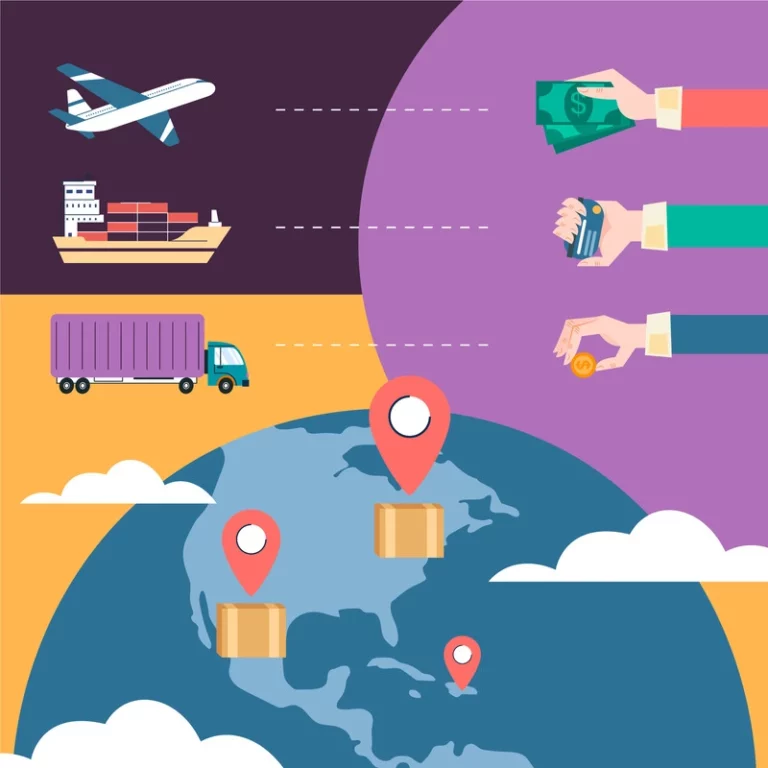What is Freight Management and How Does it Work?
The global supply chain landscape continues to evolve in 2025, shaped by shifting geopolitical dynamics, emerging technologies, and changing policies. The ongoing challenges of the Red Sea crisis and President Trump’s 2025 policies are testing the resilience of international freight systems. As businesses seek to recover from previous disruptions, smarter and more resilient approaches to freight management are more important than ever. In this article, we explore modern freight management strategies and how businesses can leverage logistics solutions to navigate these challenges, reduce costs, enhance customer satisfaction, and maintain supply chain agility.
What is Freight Management?
Freight management involves overseeing the movement and delivery of goods. It ensures that cargo reaches its destination on time, in good condition, and at the most cost-effective rates. Freight management is a crucial component of the broader supply chain process, and depending on the needs of the organization, it can be managed either in-house or outsourced.
Here are the key components of modern freight management:
1. Carrier Selection
Choosing the right carrier is fundamental to managing freight effectively. The decision involves selecting partners who offer competitive rates, reliable schedules, and services that align with your shipping needs. In the current landscape, this includes considering geopolitical risks, such as disruptions caused by the Red Sea crisis, and how these might affect carrier routes.
2. Route Optimization
Optimizing the route for each shipment ensures minimizing costs while meeting time-sensitive demands. AI-driven solutions enable real-time adjustments based on traffic, weather, and geopolitical events. For example, the Red Sea crisis has forced businesses to explore alternative shipping routes, which could increase transit times and costs. Leveraging AI tools can help shippers navigate these complexities efficiently.
3. Documentation and Regulations Management
Freight management also involves managing the required documentation and ensuring compliance with regulatory standards, which are constantly evolving. This includes customs paperwork, certificates of origin, and dangerous goods documentation, as well as navigating the impact of changing trade policies, such as those introduced by President Trump’s administration in 2025.
4. Shipment Tracking
Real-time shipment tracking enhances visibility throughout the entire transit process. Modern tracking solutions offer instant updates, ensuring transparency for both shippers and customers. In light of ongoing disruptions, businesses can also implement tracking systems that help navigate areas impacted by crises, like the Red Sea.
5. Data Collection and Analytics
Smart freight systems allow organizations to collect, analyze, and leverage data in ways previously impossible. These insights enable proactive decision-making, from route adjustments to carrier selection, helping shippers adapt to new challenges arising from geopolitical tensions or policy shifts.
Also Read: Freight Audit: What It Is and Why It Matters
Vendor and Carrier Selection: Streamlining with Technology
For large companies, owning a fleet may be the most cost-effective option, especially for road transport. However, global shipping and smaller operations often rely on third-party carriers like FedEx, UPS, and DHL. The decision to use private ownership versus third-party services depends on factors like volume, shipping destinations, and budget.
Additionally, freight brokers and forwarders play crucial roles in the ecosystem. Freight brokers help with carrier selection, while freight forwarders offer more comprehensive services, including packaging, warehousing, and documentation. Many companies turn to Transportation Management Systems (TMS) to streamline and automate these processes.
Explore how GoComet’s TMS enhances global freight management in this article.
Route Optimization: Advanced Solutions for Efficiency
To enhance efficiency and reduce costs, shippers can turn to three critical strategies:
Route and Schedule Optimization: AI-based tools allow shippers to select the most efficient route based on real-time factors like traffic, weather, and geopolitical risks. In 2025, route planning has become more complex due to factors like the Red Sea crisis, which disrupts key shipping lanes.
Load Planning: Optimizing cargo space utilization reduces transit costs and maximizes efficiency.
Multimodal and Intermodal Shipping: Combining different transportation modes can sometimes reduce both time and costs. However, intermodal shipping requires coordination across various carriers, schedules, and regulations, making technology essential to manage this complexity.
Documentation and Regulations: Streamlining Compliance
Documentation management remains a cornerstone of freight management. The integration of digital solutions simplifies handling shipping documents and complying with evolving trade regulations. As President Trump implements new tariffs and trade reforms, businesses must ensure they stay compliant with shifting policies, avoiding costly delays and fines.
Claim Management: A digital claim management system streamlines the process for damaged or lost goods, adhering to standard timelines and improving reimbursement efficiency.
Tariffs and Regulations Management: As new tariffs emerge, TMS solutions ensure that shipments comply with the latest trade policies.
Tracking and Tracing Shipments: Enhanced Visibility
Tracking shipments has evolved far beyond basic GPS systems:
GPS Tracking: Most modern fleets are equipped with GPS, providing real-time updates on vehicle location and additional data such as fuel consumption and driving behavior.
Package Tracking via RFID and Barcodes: Each item in transit is tagged with a barcode or RFID chip, enhancing transparency and ensuring precise tracking at various stages of the journey.
Data Collection and Analytics: Leveraging Insights for Better Decisions
With today’s advanced supply chain systems, businesses can collect vast amounts of data on shipment timings, vendor performance, and more. By processing this data using AI and machine learning tools, businesses gain actionable insights that improve decision-making, minimize risks, and reduce operational costs.
Leveraging Intelligent Technology for the Future
As global disruptions continue to impact supply chains, businesses must adopt new technologies to remain competitive. Automated freight management systems streamline operations, cut costs, and provide the flexibility needed to handle disruptions.
Integrating end-to-end freight management solutions ensures smoother and more efficient logistics processes. AI-powered TMS solutions can predict demand, optimize routes, recommend carriers, and monitor performance metrics in real-time, allowing businesses to adapt quickly to the evolving landscape.
If you’re looking to improve your freight operations, explore how GoComet’s TMS can help drive efficiency and boost customer satisfaction in this ever-evolving supply chain environment.






